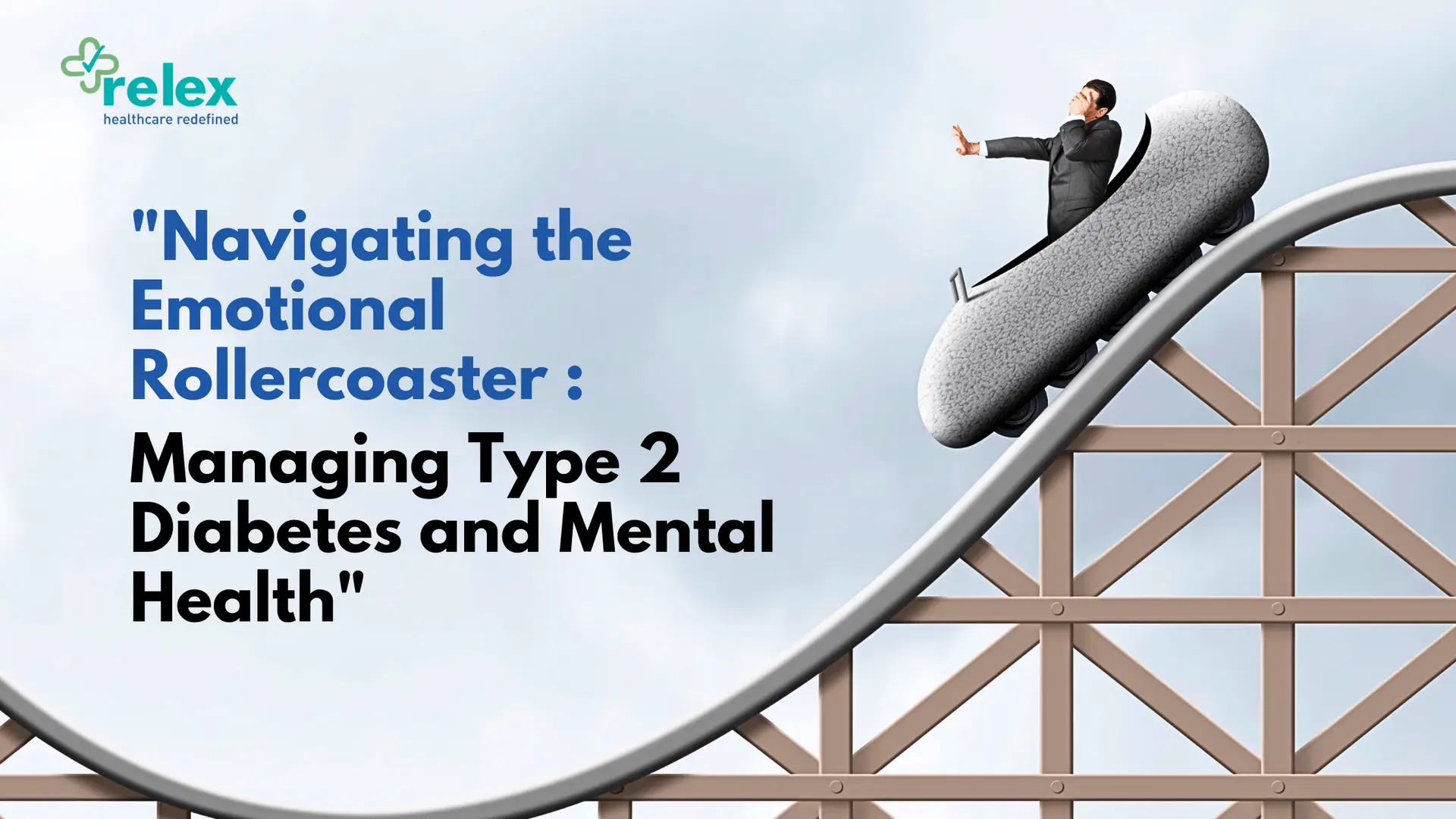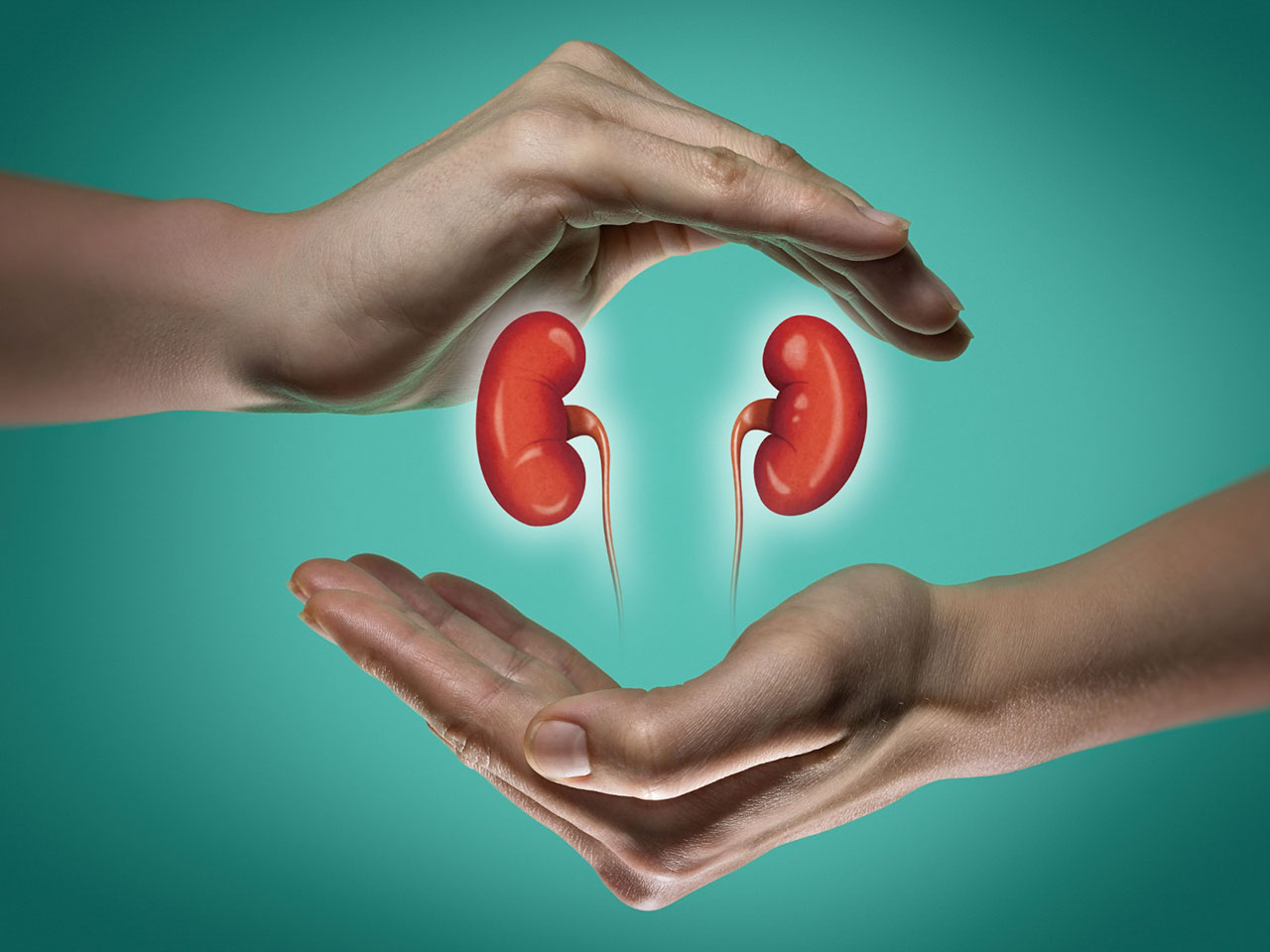Breaking the Stigma of Mental Health in Chronic Illness
In a world where chronic diseases are becoming increasingly common, the conversation around physical health seems to be more open and accepted. However, the mental health challenges that accompany chronic illness are often shrouded in silence and stigma. It’s time to break these barriers and foster a community that supports mental wellness for all, especially those battling long-term health conditions.
Chronic diseases like diabetes, heart disease, and autoimmune disorders bring with them not just physical discomfort but also significant psychological distress. The mental health struggles that arise from managing a chronic illness are real and profound. Patients often grapple with anxiety, depression, and a sense of isolation, yet these issues remain less acknowledged than their physical counterparts.
The Stigma and Its Impact
Stigma is a powerful force that can prevent individuals from seeking help, sharing their experiences, or receiving the support they need. It’s rooted in misconceptions, prejudice, and a lack of understanding. When people with chronic diseases face stigma around their mental health, it exacerbates their suffering and can hinder recovery.
Education as a Tool for Change
The first step in dismantling stigma is education. Learning the facts about mental illness and its connection to chronic disease is crucial. When we understand that mental health challenges are as real and significant as physical symptoms, we can begin to change the narrative.
Personal Connections: Seeing the Individual, Not the Illness
Building relationships with those who have personal experiences of mental illness is another powerful way to break down stigma. When we see individuals for who they are beyond their illness, we foster empathy and reduce discrimination.
Language Matters: Speak with Respect
The words we use have weight. Instead of defining a person by their illness, we should use language that puts the individual first. For example, saying “a person with bipolar disorder” instead of “a bipolar person” respects the person’s identity beyond their condition.
Challenging Stereotypes and Misconceptions
When we hear stereotypical or inaccurate comments about mental illness, it’s important to speak up. Correcting misconceptions helps build a more inclusive and supportive environment for everyone.
Sharing Stories: The Power of Vulnerability
Sharing our own experiences with mental illness can be daunting, but it’s a potent way to combat stigma. When we open up, we show others that they are not alone and encourage a culture of honesty and recovery.
Breaking the stigma surrounding mental health in the context of chronic disease is not just a personal issue; it’s a societal one. By educating ourselves and others, fostering personal connections, using respectful language, challenging misconceptions, and sharing our stories, we can contribute to a mentally healthy community. A community that embraces inclusivity, rejects discrimination, and supports recovery.

























